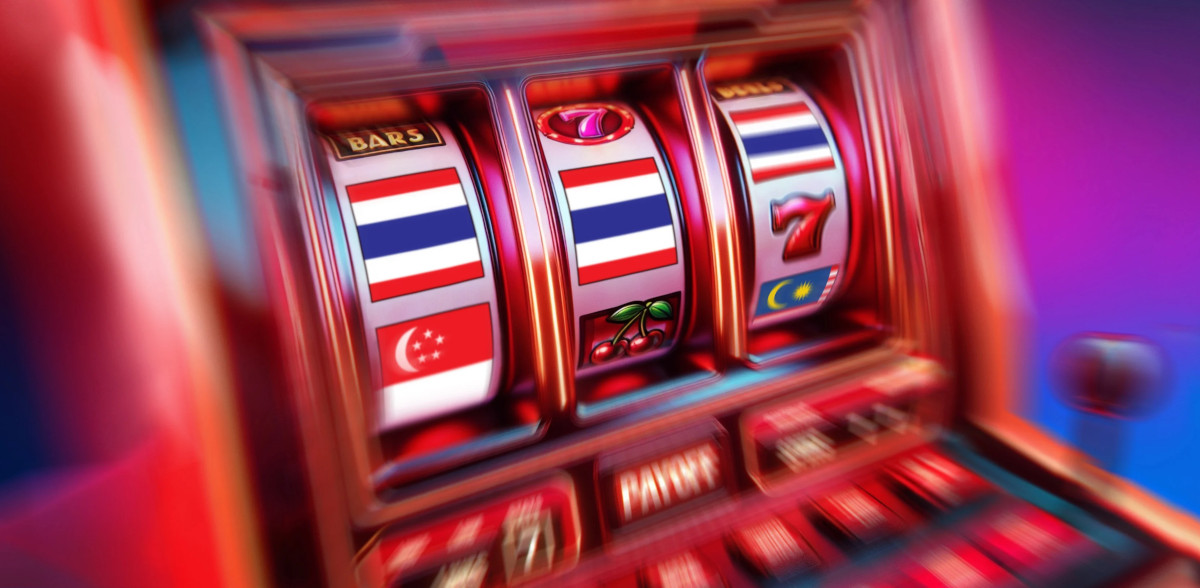Thailand Evaluating Proposal on Making Gambling Winnings Free from Tax
Thai cabinet members are now considering public feedback on the proposed casino resorts in the country. Some want shorter licensing terms, while others propose lower entrance fees for locals and tax-free gambling winnings.
The proposal seeks to establish five or more integrated resorts. In addition, they will have casinos. In August, the Ministry of Finance held a two-week online hearing for public feedback. The plans for new entertainment complexes around the kingdom have got lawmakers paying attention to what the public says. Many have voiced their opinions on the matter, from the length of the license to the citizens’ suggested entrance fee to the casino.
Aside from the country’s lottery and wagering on horse races, gambling is forbidden in Thailand. According to bookie PPH analysts, Prime Ministers Srettha Thavisin and Paetongtarn Shinawatra believe that IRs will bring in high-spending visitors and help the economy flourish in the long run. Upon receiving government clearance, the country aspires to expedite building and maybe open before MGM Osaka, Japan’s inaugural IR, launches in 2030.
Proposals on Gambling Winnings and More
According to a Thai parliamentary committee estimate, the sector’s initial year might bring in $358 million in taxes. Lawmakers have identified two of the five potential sites in Bangkok, the Thai capital. The Eastern Economic Corridor (EEC), the Thai island of Phuket in the country’s southern region, and Chiang Mai, the country’s de facto second city in the northern highlands, are among the other candidates.
 The country’s Fiscal Policy Office is now reviewing the 45 points from the public. Next, they will be transferred to the storage area. Several online hearing participants have proposed shortening the license period from 30 to 10 years, and one group has proposed extending it to 60 years.
The country’s Fiscal Policy Office is now reviewing the 45 points from the public. Next, they will be transferred to the storage area. Several online hearing participants have proposed shortening the license period from 30 to 10 years, and one group has proposed extending it to 60 years.
According to other respondents, entry costs for Thai gamblers should not exceed 2,000 baht. At the same time, some argued that winnings from gambling should not be subject to taxes at all. Certain individuals advocated for the establishment of a specific fund to support individuals impacted by compulsive gambling.
The entertainment complex law requires all IRs to have a minimum of four non-gaming elements, including hotels, entertainment venues, and theme parks. According to sportsbook reviews and news sites, numerous members of the general public are advocating for including seven such attractions, some highlighting Thai cultural experiences.
Requirements for Casino Operators
Several international operators are reportedly considering Thailand as a potential option, including Caesars Entertainment, Hard Rock, MGM Resorts, Wynn Resorts, Caesars Sands Corporation, and Caesars Entertainment. To be eligible, a Thai corporation must have at least 10 billion baht in paid-up capital. This license offers a 30-year initial term with a 10-year renewal option.
According to pay per head experts, location and investment size (small, medium, big, and extra-large) would determine the license charge. For example, the extra-large category would require a minimum investment of 100 billion baht. A proposed tax rate of seventeen percent would apply to gross gaming revenue (GGR). The complexes would warmly welcome outsiders. A 5,000 baht entrance charge is included in the bill for Thai citizens to discourage compulsive gambling.
Macau and Singapore may face stiff competition from Thailand’s market if and when IRs launch there.
Take your betting operation to the next level with 9DollarPerHead.com’s pay per head services.


